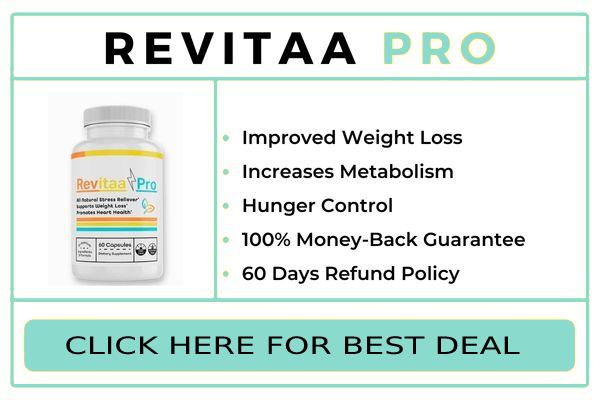Paleo Diet
The Paleo Diet, also known as the Paleolithic Diet or Caveman Diet, is a dietary approach that emphasizes eating foods that were available to our ancient ancestors during the Paleolithic era. The diet typically includes lean proteins, fruits and vegetables, nuts and seeds, and healthy fats, while avoiding processed foods, dairy products, grains, and legumes.
Proponents of the Paleo Diet believe that our modern diet, which includes processed and refined foods, is a major contributor to the rise in chronic diseases such as obesity, diabetes, and heart disease. They argue that by eating a diet similar to that of our ancestors, we can reduce inflammation in the body and improve overall health.
Lean Proteins
The Paleo Diet typically includes lean proteins such as grass-fed beef, wild-caught fish, and free-range poultry, as well as fruits and vegetables, nuts and seeds, and healthy fats such as olive oil and coconut oil. Grains, dairy products, and legumes are typically avoided, as they were not available to our ancient ancestors.
While the Paleo Diet may offer health benefits, it may not be suitable for everyone. Critics of the diet argue that it is too restrictive and may lead to nutrient deficiencies if not properly balanced. It is important to consult a healthcare professional before starting the diet, especially if you have any medical conditions or are taking any medications.
In conclusion, the Paleo Diet is a dietary approach that emphasizes eating foods that were available to our ancient ancestors during the Paleolithic era. While it may offer health benefits, it is important to approach the diet cautiously and consult a healthcare professional before starting.
DISCLAIMER:
This information is not presented by a medical practitioner and is for educational and informational purposes only. The content is not intended to be a substitute for professional medical advice, diagnosis, or treatment. Always seek the advice of your physician or other qualified healthcare providers with any questions you may have regarding a medical condition. Never disregard professional medical advice or delay in seeking it because of something you have read.
Since natural and/or dietary supplements are not FDA-approved they must be accompanied by a two-part disclaimer on the product label: that the statement has not been evaluated by FDA and that the product is not intended to “diagnose, treat, cure or prevent any disease.”





